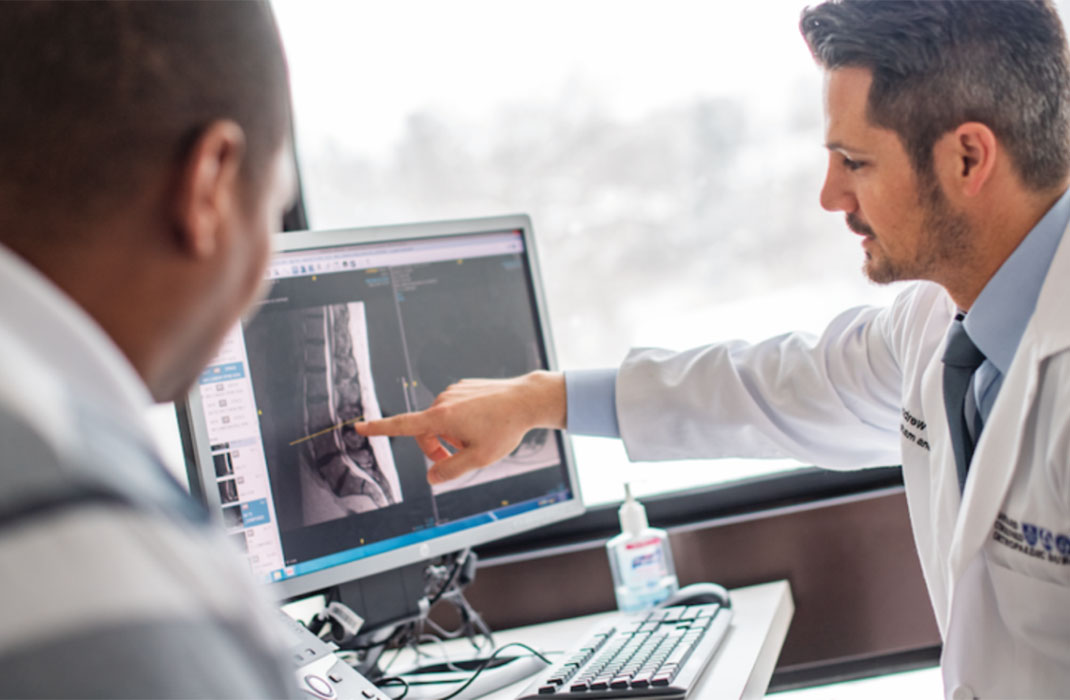-
- Find Care
-
- Visitor Information
- Find a Location
- Shuttles
- Visitor Policies
-
-
-
- Our Virtual Care Options
- Virtual Urgent Care
- Virtual Visits for Primary & Specialty Care
- Online Second Opinions
- Participate in Research
-
- Contact us
-
- For Innovators
- Commercialization Guide for Innovators
-
-
- Research News
- Alzheimer's Disease
- Artificial Intelligence
-
- Overview
-
- Overview
- Getting Started
- New to Mass General Brigham
- International Patient Care
- What Is Patient Gateway?
- Planning Your Visit
- Find a Doctor (opens link in new tab)
- Appointments
- Patient Resources
- Health & Wellness
- Flu, COVID-19, & RSV
- Billing & Insurance
- Financial Assistance
- Medicare and MassHealth ACOs
- Participate in Research
- Educational Resources
- Visitor Information
- Find a Location
- Shuttles
- Visitor Policies
- Find Care
-
- Overview
- Our Virtual Care Options
- Virtual Urgent Care
- Virtual Visits for Primary & Specialty Care
- Online Second Opinions
-
- Overview
- Participate in Research
-
- Overview
- About Innovation
- About
- Team
- News
- For Industry
- Venture Capital and Investments
- World Medical Innovation Forum (opens link in new tab)
- Featured Licensing Opportunities
- For Innovators
- Commercialization Guide for Innovators
- Contact us
-
- Overview
- Information for Researchers
- Compliance Office
- Research Cores
- Clinical Trials
- Advisory Services
- Featured Research
- Two Centuries of Breakthroughs
- Advances in Motion (opens link in new tab)
- Brigham on a Mission (opens link in new tab)
- Gene and Cell Therapy Institute
- Research News
- Alzheimer's Disease
- Artificial Intelligence
-
- Overview
-
- Overview
- Residency & fellowship programs
- Brigham and Women's Hospital
- Massachusetts General Hospital
- Mass Eye and Ear
- Newton-Wellesley Hospital
- Salem Hospital
- Integrated Mass General Brigham Programs
- Centers of Expertise
- Global & Community Health
- Health Policy & Management
- Healthcare Quality & Patient Safey
- Medical Education
- For trainees
- Prospective trainees
- Incoming trainees
- Current trainees
- Continuing Professional Development
Realizing the Promise of AI in the Clinic

The gap between the development of AI and its use and integration in the clinic is closing, as technology, sophisticated algorithms, data sets, and computational capacity are now directly supporting both clinicians and patient care in clinical settings. Yet, realizing the full impact of AI for patient care and improved diagnostic decision making will depend on a wider community of patients, caregivers, legislators, and data scientists working together to maximize its potential.
AI’s path to implementation in health care began with a strong-hold in back-office functions. Record keeping and coding through natural language processing are two very real examples that are now making their way to office visits, and AI has helped improve the accuracy and speed of these and other operational applications. But what most patients want to know is, when will AI help my doctor make a more accurate diagnosis for my condition?
Patients are asking for AI to deliver meaningful insights on conditions that are specific “to people like me.” AI has the potential to take personalized medicine to an entirely new level, offering tools that create personalized results that apply either to specific populations or individuals.
This next phase of AI development in health care depends on advancements in computing power, the composition and size of data sets, and the comfort level of patients, physicians, and regulators in managing and unleashing this potential.
Safe patient data repositories
To realize these advancements, it’s critical to develop safe data repositories without bias. This requires that patients and society at large engage more fully in health data collection and expand the thinking about contributing data to better understand personalized health experience and outcomes. Like our engagement with on-line banking and web-based commerce, which has become customary for most, we must manage the benefits and risks of data sharing while capturing its innumerable benefits, which in this case could be life-saving.
As providers, we must also embrace the expanded role of physician data scientists, through development of critical skill sets that will be built, taught, and cultivated throughout medicine. Physicians with the ability to understand and use data in practice will be even better caregivers to patients.
If health care can harness data for improving patient care with the right guidelines and protections, it will continue to advance and realize the promise of truly personalized medical care and treatment. Let’s encourage healthy debate on how to navigate this in health care policy and regulatory considerations, while engaging consumers in understanding the value of data and AI in health care — it’s a massive education opportunity for patients and physicians alike.
Healthcare providers and members of venture and industry are invited to learn more about the future of medicine and clinical deployment of AI at the World Medical Innovation Forum.
